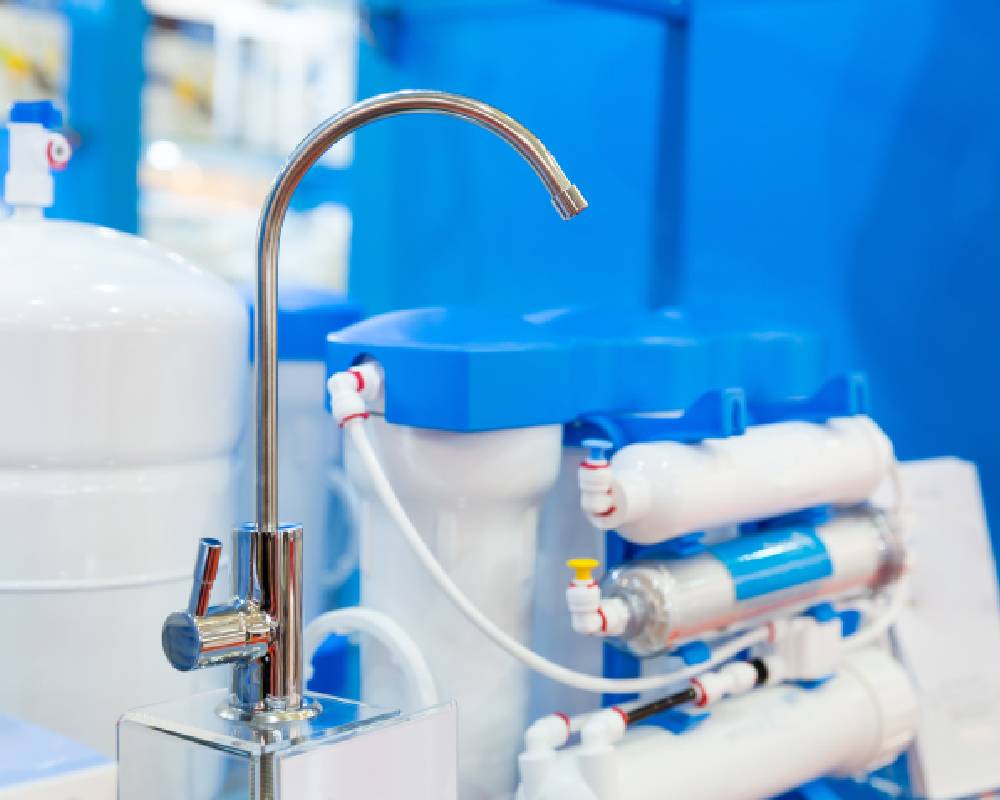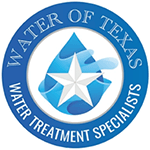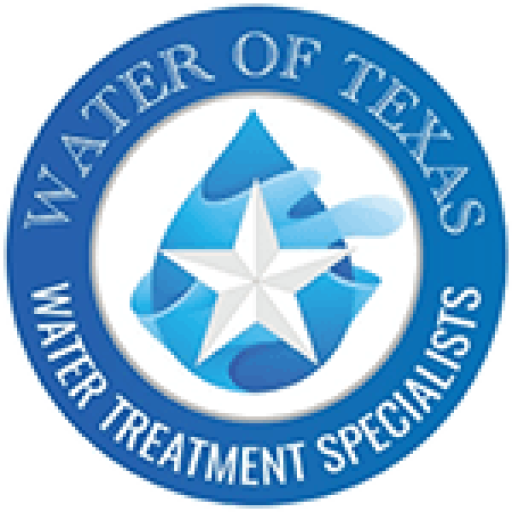Water Softener Iowa Colony TX
The Need for Advanced Water Treatment in Iowa Colony, TX
Clean drinking water is a necessity, not a luxury. In Iowa Colony, TX, Water of Texas is dedicated to providing state-of-the-art water treatment solutions, ensuring safe drinking water for every household and business.


Water Softeners: Your First Line of Defense
Hard water can be a genuine concern. Our water softener systems combat this issue by removing excessive minerals like calcium and magnesium. This process not only improves the taste of your water but also prevents scale buildup in your plumbing and appliances.

The Power of Reverse Osmosis in Water Filtration
To further ensure the purity of your water, we incorporate reverse osmosis (RO) in our water filtration systems. RO is a powerful technology that uses a semipermeable membrane to filter out contaminants, providing you with clean and safe drinking water.
Commercial Water Treatment Solutions
Beyond residential water treatment, we also offer commercial water treatment services to businesses in Iowa Colony, TX. Providing clean water in a commercial setting is crucial for the health and safety of customers and employees, and Water of Texas is committed to delivering reliable solutions.
Advanced water treatment technologies, such as water softeners and reverse osmosis systems, are more than just tools for delivering clean water—they represent our commitment to health, hygiene, and the environment. Whether you’re a homeowner or a business in Iowa Colony, TX, trust Water of Texas for all your water treatment needs.
Get a Free Water Test, Evaluation, and
Consultation

